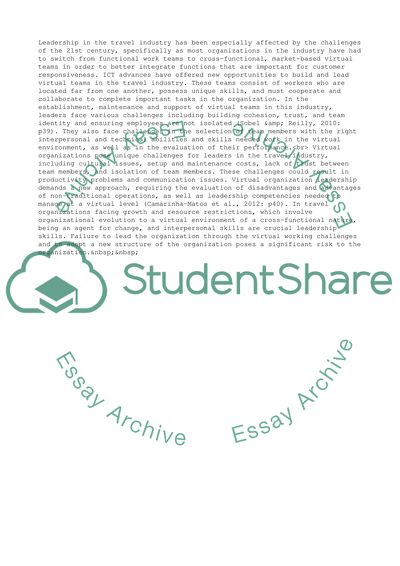Cite this document
(Developing Leadership in the Travel Industry Literature review - 1, n.d.)
Developing Leadership in the Travel Industry Literature review - 1. Retrieved from https://studentshare.org/management/1668881-developing-leadership
Developing Leadership in the Travel Industry Literature review - 1. Retrieved from https://studentshare.org/management/1668881-developing-leadership
(Developing Leadership in the Travel Industry Literature Review - 1)
Developing Leadership in the Travel Industry Literature Review - 1. https://studentshare.org/management/1668881-developing-leadership.
Developing Leadership in the Travel Industry Literature Review - 1. https://studentshare.org/management/1668881-developing-leadership.
“Developing Leadership in the Travel Industry Literature Review - 1”, n.d. https://studentshare.org/management/1668881-developing-leadership.


